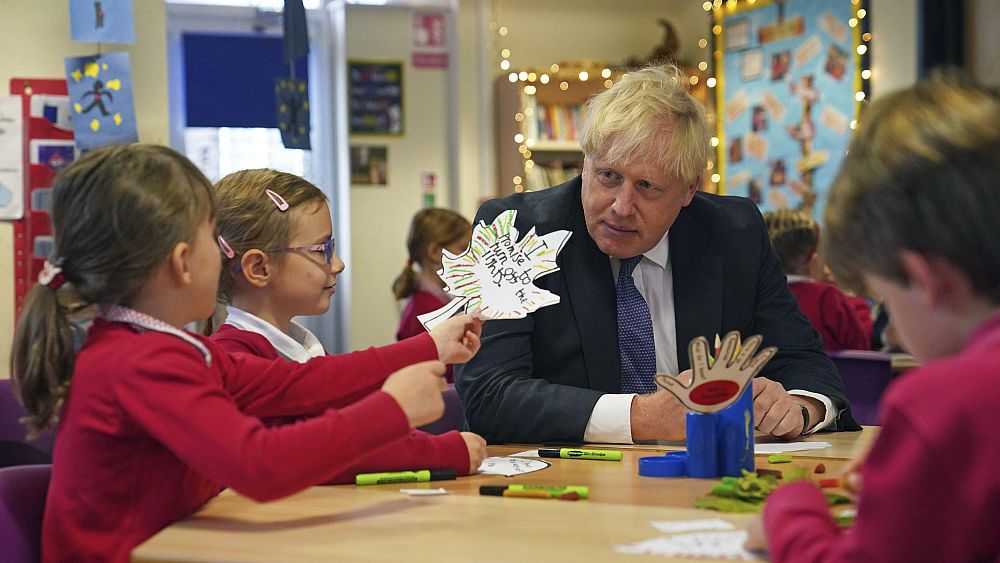
The UK has urged out-of-work teachers to return to classrooms amid expected Omicron-induced staff shortages in the new year.
Education minister Nadhim Zahawi made the “urgent call” in a video message released on Twitter on Monday morning that the government’s priority is to “safely deliver face-to-face education”.
“Although 99.9% of schools have consistently been open this term we can all see the tidal wave of Omicron coming our way. That is why today I’m asking any teacher no longer in the profession to come forward if they are available to temporarily fill absences in schools and colleges in the New Year.”
“Whether you’re recently retired or trained as a teacher and have moved profession, I urge you to consider whether you might be able to spare even a day a week to bolster the numbers of supply staff around the country,” he added.
Britain recorded 82,886 confirmed new infections on Sunday, taking the number of new cases registered in the past week to more than 547,600 — 51.6% higher than the number seen over the previous seven-day period.
The number of confirmed Omicron cases has now reached over 37,100 following a 22,192 increase over the weekend and authorities expect Omicron cases to double every 2.5 to three days.
London declared a “major incident” over the weekend due to the spread of Omicron.
The government is aiming to administer one million booster doses by the end of the month as part of its strategy against the new variant of concern and is urging people to limit social interactions during the holiday period.
Measures rolled out over the past two weeks include a stronger face-covering mandate, advice to work from home and the introduction of a COVID pass to access nightclubs and large events.
The UK is among the most vaccinated country in the world with 81.7% of people over the age of 12 having received two doses of the vaccines. Nearly 49% of them have also received a booster shot.
Vaccination is not yet open to children aged 5 to 11.
Staff and secondary school pupils must wear face coverings and are currently strongly encouraged to rapid test twice weekly at home to catch asymptomatic cases of COVID-19. People who present symptoms must take a PCR test.
Anyone who tests positive must then self-isolate for 10 days regardless of their vaccination status.
Fully-vaccinated contacts of people who test positive are no longer required to immediately self-isolate although they are strongly advised to take a rapid test every day for seven days and self-isolate if one comes up positive.
This was amended after this summer’s so-called “ping-demic” which resulted in staff and food supply disruption as millions, including fully-vaccinated workers, were forced into self-isolation after a contact tested positive.
According to the National Education Union (NEU), education workers are “26% more likely to have COVID-19 than the general population because cases are higher among school children”.
The union has called on the government to introduce additional “mitigations” due to Omicron including investment in air filtration devices, staggered break times to minimise mixing between classes and year groups and a change to the self-isolation mandate.
It wants parents to keep siblings and other household COVID-19 contacts at home until a negative PCR test has been received — instead of the advice to do a rapid test for a week — whether they are fully vaccinated or not.









